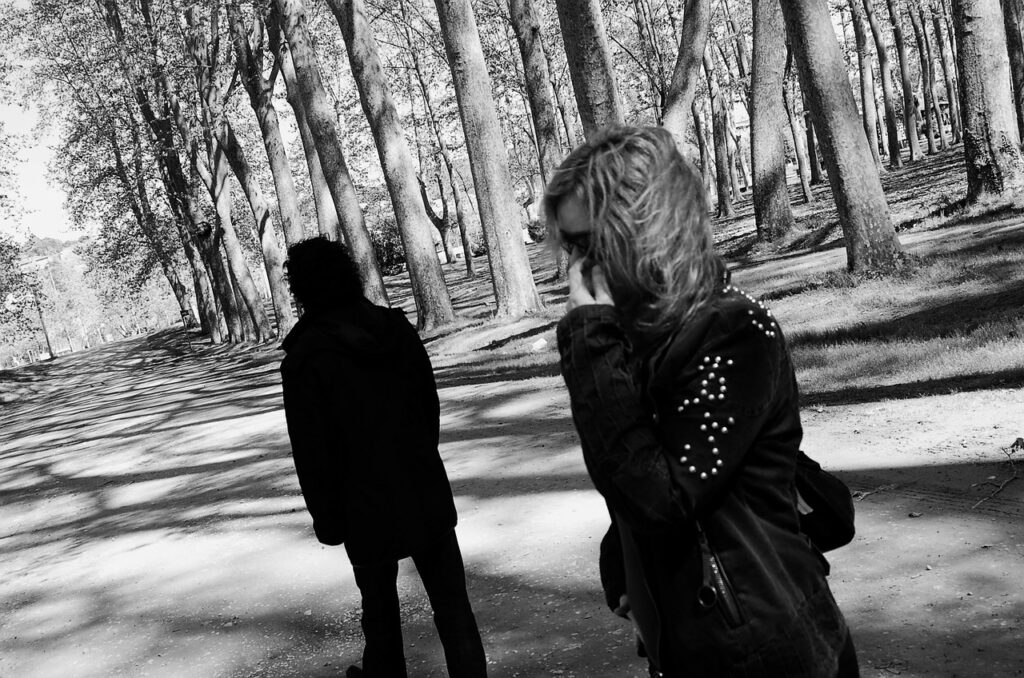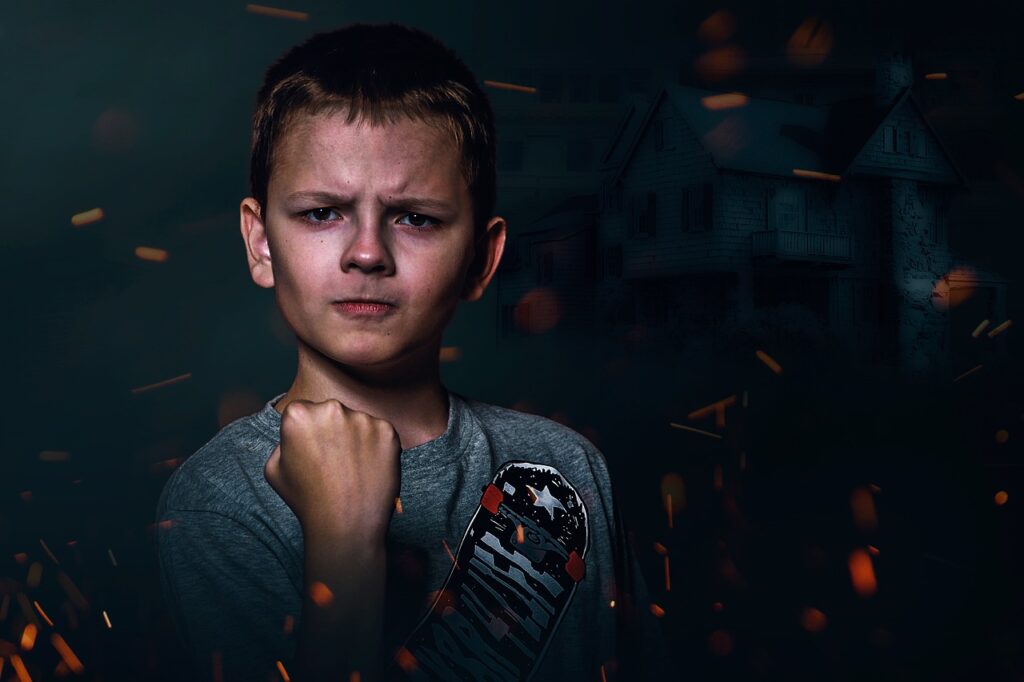By Emma Pritchard (Accredited Counsellor and Certified Forest Therapist)
Since qualifying as a counsellor in 2014 I have received many referrals for young boys and young male adults labelled as “angry” by their parents and professionals. Their angry and often destructive behaviours leading them to become isolated at both school and home, and in some cases transitioning out of mainstream education to an alternative provision. Expecting to meet with a real life Incredible Hulk, on the contrary they have appeared with a gentleness, sensitivity, sadness and loneliness, and left me commonly felt a sense that these boys are more lost and confused than angry.
Anger is a very normal emotion/feeling for us all and many express, but as I explore this emotion with my clients it is often accompanied by other feelings such as shame and anxiety. As human beings we don’t like to see Anger, we don’t like to hear Anger and we don’t like to be Angry, so many of us suppress Anger, and Anger then becomes very good at hiding other feelings. Much of my therapeutic work over the past 7 years has centred around supporting young people to find positive self-care coping strategies and outlets for their angry ene

Common Anger Triggers
- Not feeling heard in busy family environments– suppressed anger will then look out of control to parents.
- Young people hearing adult conversations and mirroring poor adult behaviours which are often not age appropriate, and leave them feeling confused or scared and will commonly trigger reactive anger
- Limited quiet space to recharge batteries in busy homes, which is very common when siblings are sharing bedrooms
- Bereavements and loss such as divorce, as anger is a normal part of the grief/loss cycle
- Too much indoor Tech & Lack of exercise within indoor/outdoor spaces to release natural energy
- Worries about not feeling good enough within family and amongst peers and having poor adult communication around them offering too much instruction and not enough listening / empathy
Forest Bathing Work

In 2017, I began working with my young clients solely and intuitively in woodland spaces to support their challenging feelings and thoughts. Through my additional Shinrin Yoku/Forest bathing studies I became reminded of how innately we are all connected to nature and began to see how positively young people respond to being in an outdoor space. In the 1980s, the Japanese culture recognised that they were becoming eye dominated with their advanced technology, and they began to embrace natural environments with prescriptive walks connecting to all senses instead of medication,(pioneered by Dr Qing Li) to support overwhelming feelings of anger, anxiety and depression. The Shinrin Yoku research not only reduces these overwhelming feelings, but it also boosts moods, creativity and productivity and our immune systems!
So what can we do to help?
- Educate that anger is a normal emotion, as long as it is channelled in a positive way. Teach them that is okay to make mistakes as we learn from them. No-one needs to be perfect – just the best they can be
- Help them to understand and recognise the physical sensations they may feel when they are angry, for example feeling hot, clenched fists, gritted teeth
- These boys need to feel loved when they are angry (younger boys respond well to being wrapped in a blanket and hugged to support emotional regulation )
- Their voices need to be heard within non-judgemental and kind spaces with trusting adults. Engage young males with supportive mentors which is positive for busy working parents and separated families
- Encourage engagement with team sports; rugby, football, cricket to support self esteem and self-confidence – local clubs are ready to provide your children with positive mentors. Encourage them to cook/bake which will increase their self-esteem and confidence within family/peer environments
- Support them to express their emotions by listening to music; songs can be a great way to express emotions
- Be amongst nature – Woodland walks, beach days – encourage them to notice their environment – sounds/smells/ sights
- Exercise : Outdoor pursuits – Camping, scouts, fishing, kayaking, paddleboarding, climbing, sailing or go to the gym/boxing. Infact any sport is a great way to let off steam, encourage self discipline and control
- Looking after pets/animals will support them to build empathy, kindness and responsibility for others. Encourage engagement with art and creativity – painting and drawing our emotions is a great way to express ourselves

Even before the coronovirus pandemic we all had a responsibility to help our lost boys and teach them self-responsibility and self-care for their angry energy. The young people I work with simply love kicking leaves and running around in outdoor spaces, so if there is resistance initially, then start with simple activities. Remember that negative patterns take time to break so continue with new routines until it becomes the new normal.
I support Dorset schools with 1 to 1 and group outdoor therapeutic sessions, so please contact me via emma.pritcharddcw on Instagram or Emma Pritchard- Dorchester counselling and well-being on Facebook or my website if you feel your school or child would benefit from therapeutic support.
If you are worried or concerned about safeguarding a young person who is presenting with Angry behaviours at home or school then please contact your family GP, social services and or young people professionals such as CAMHS for advice and support.
